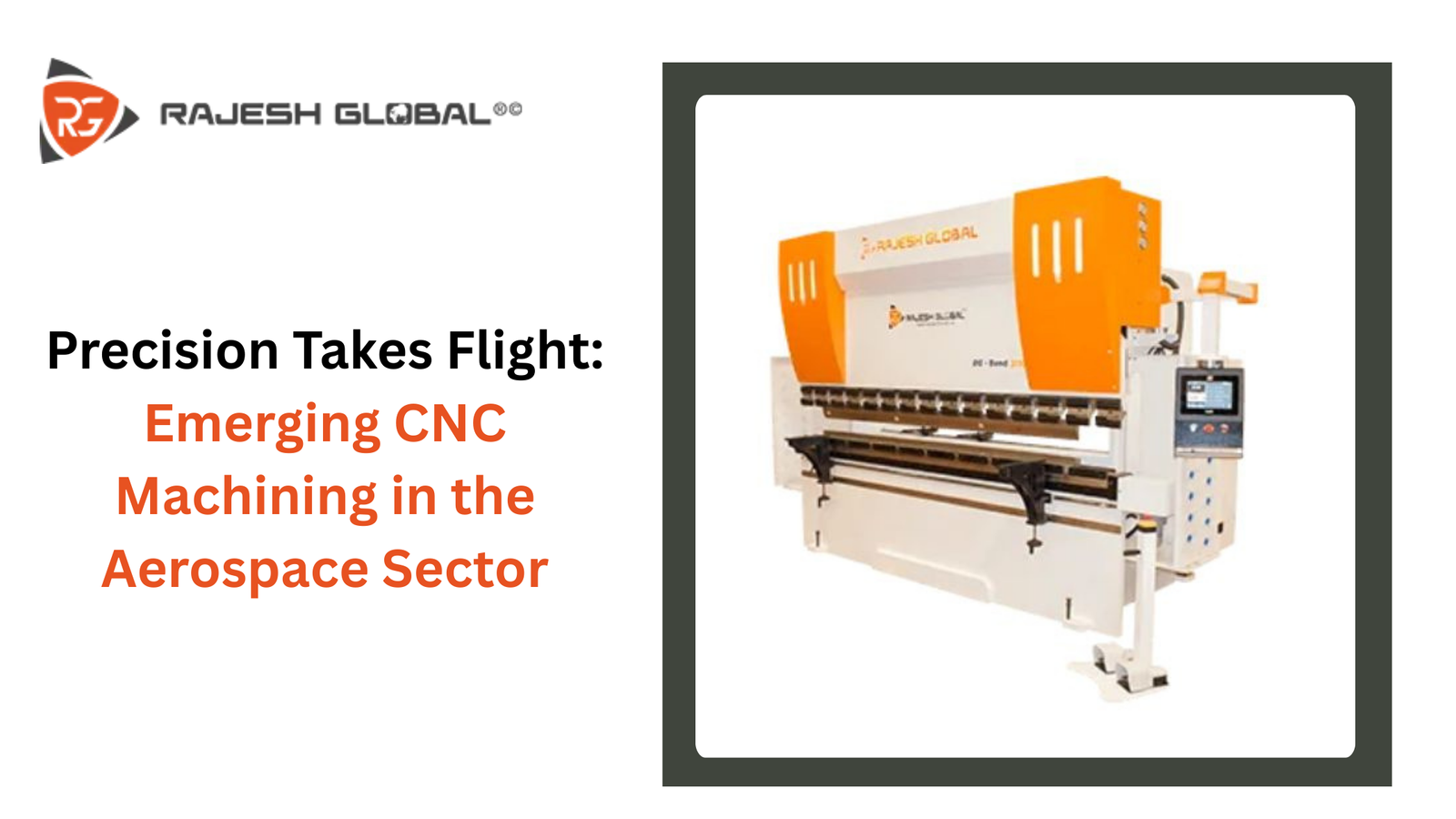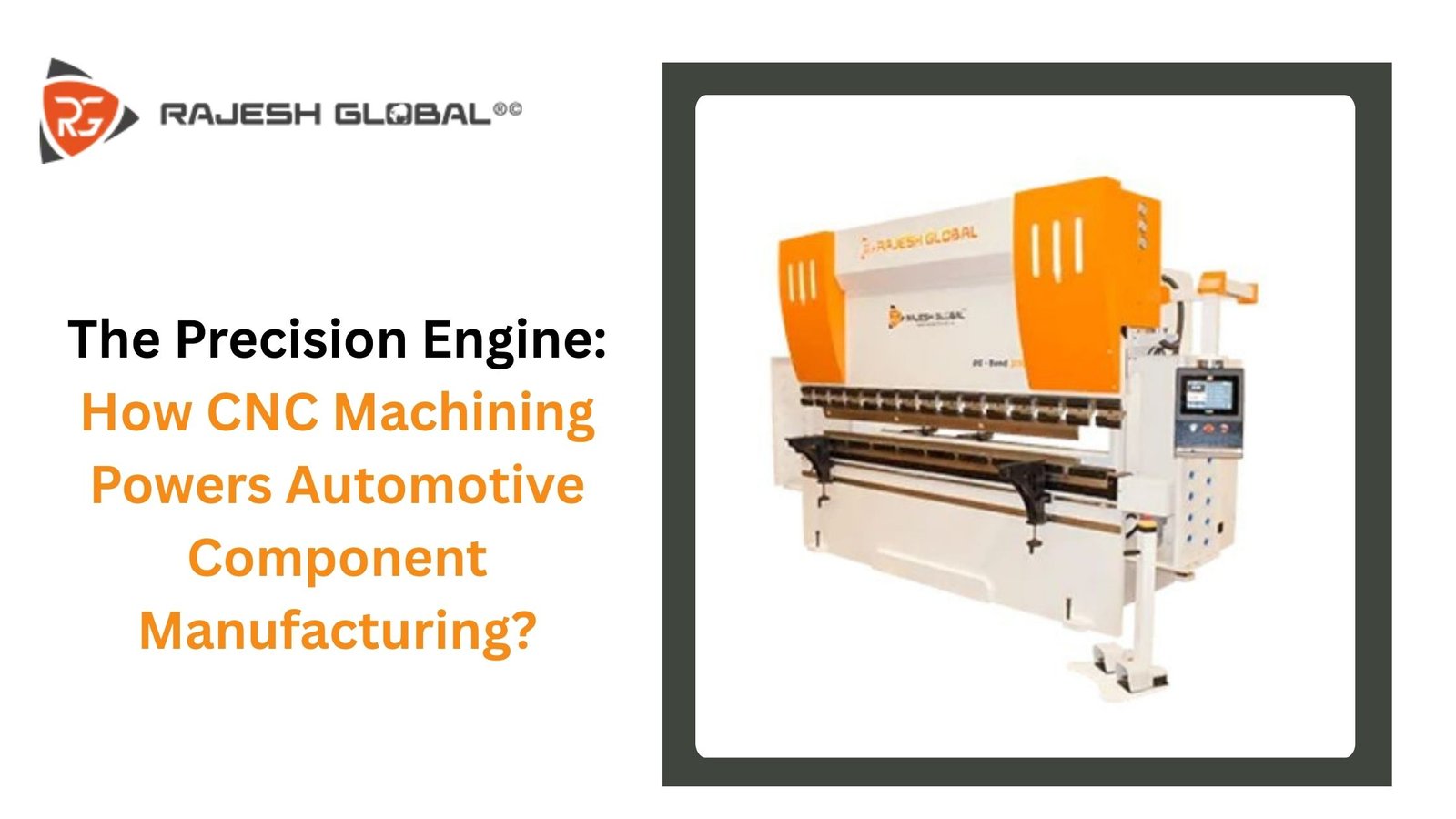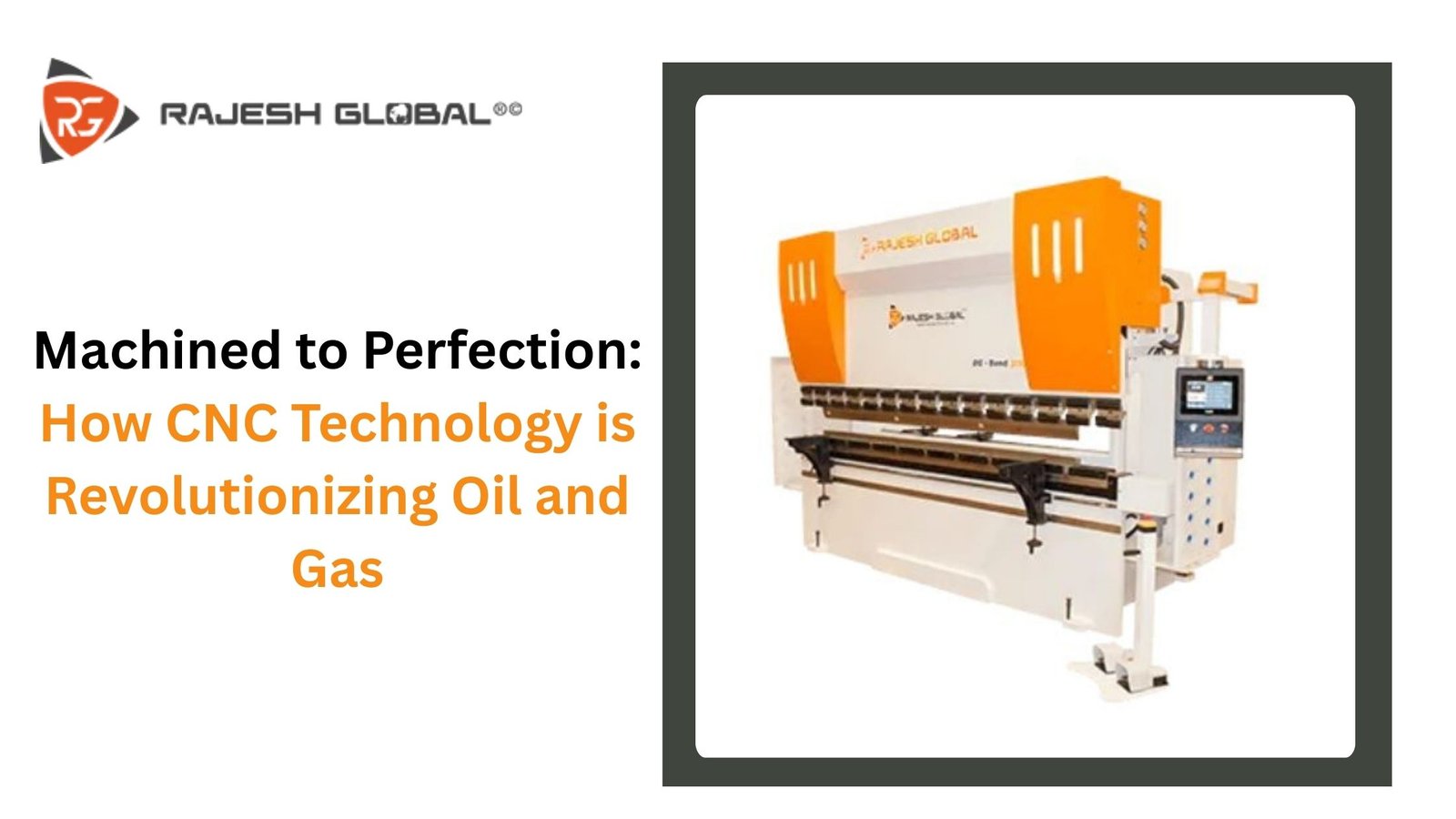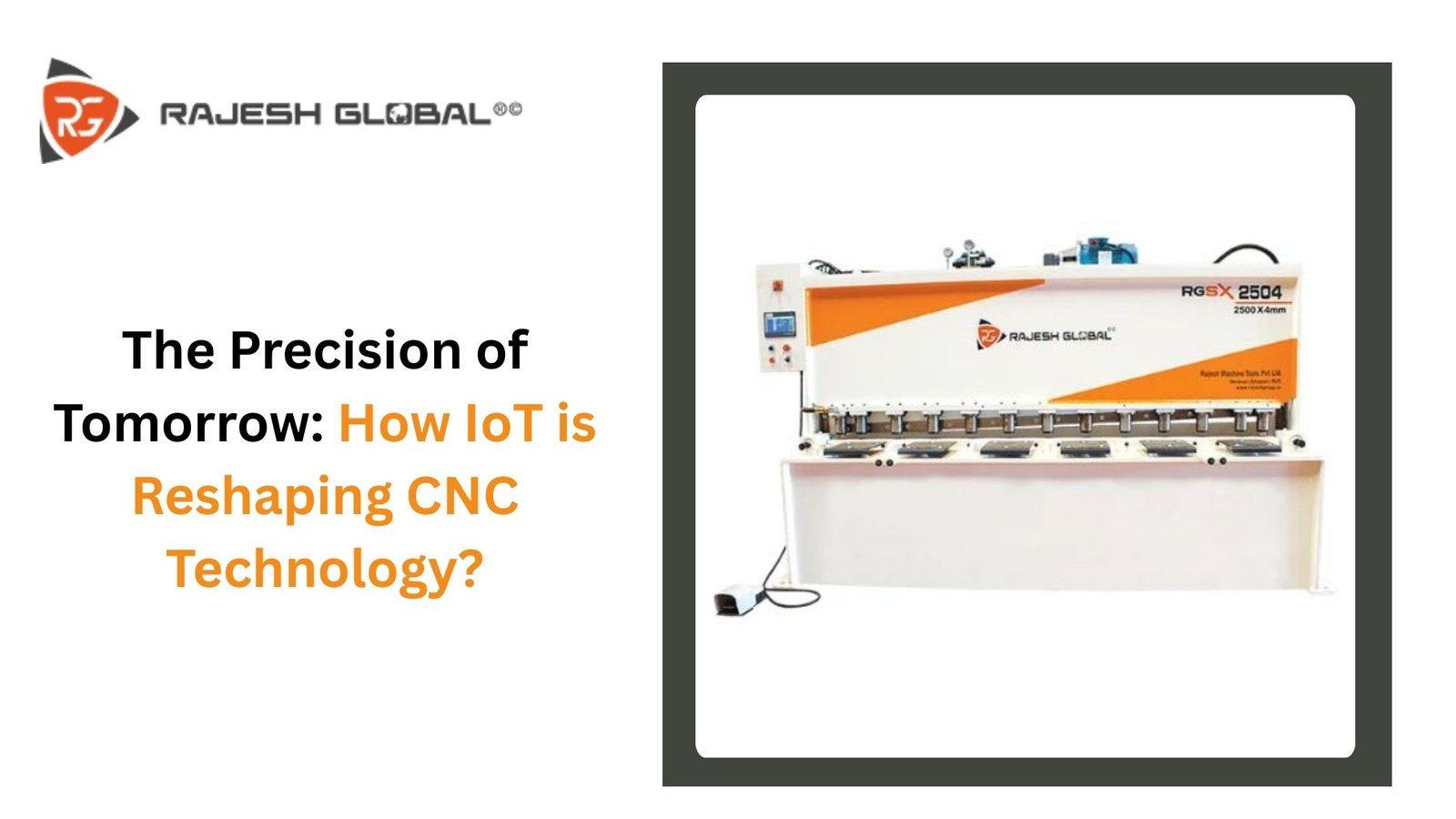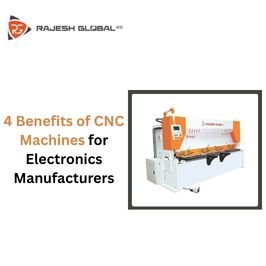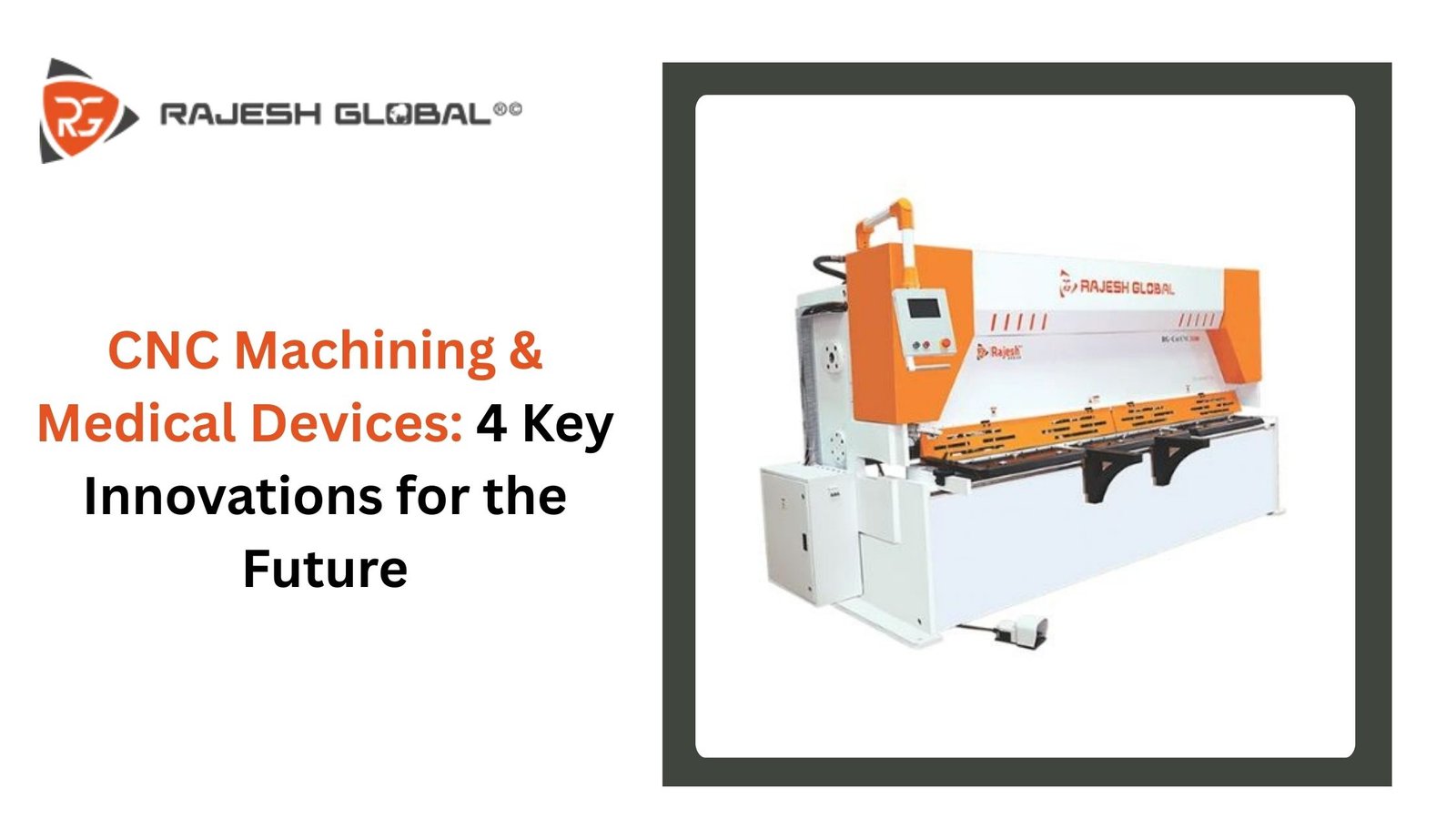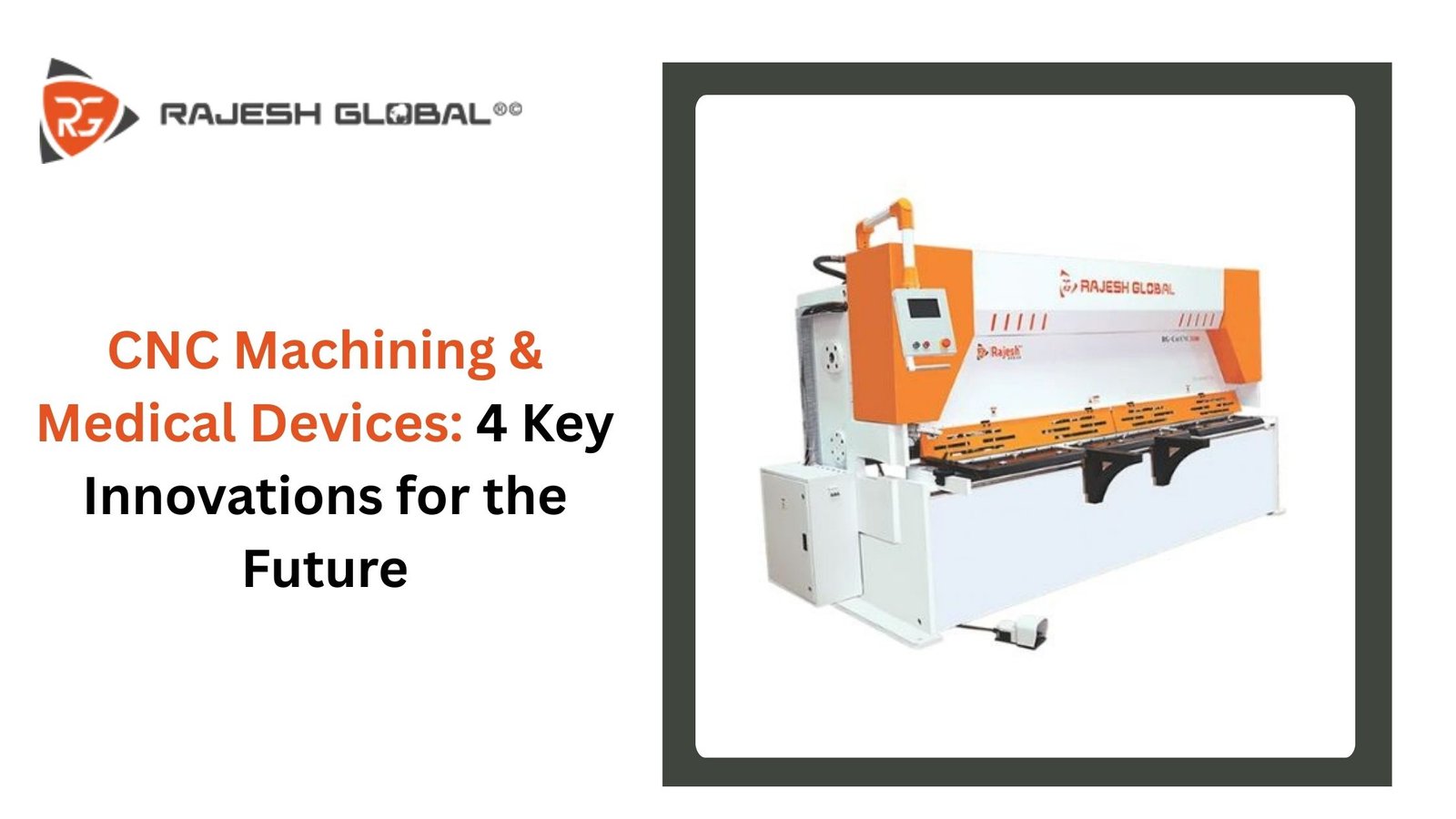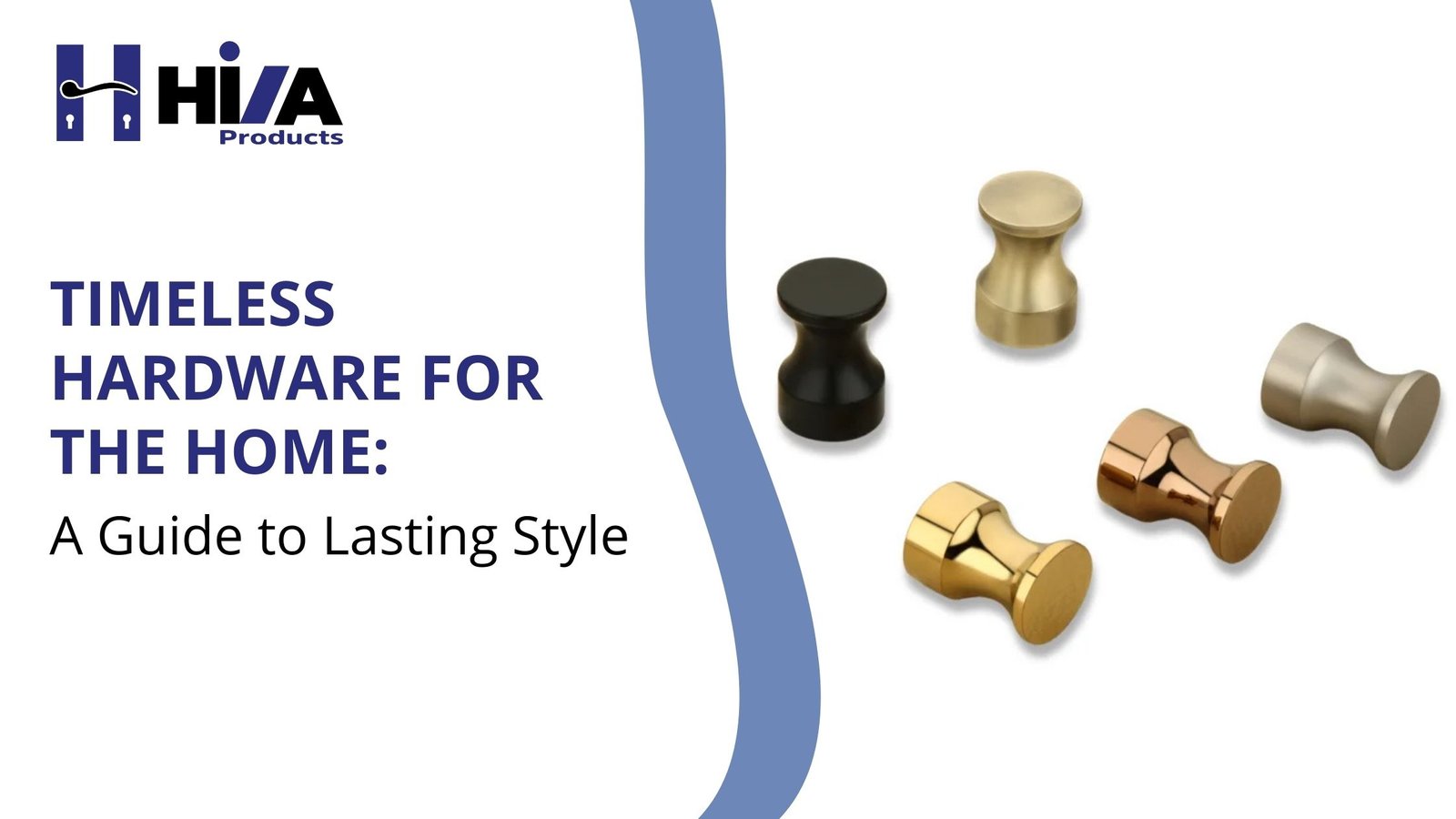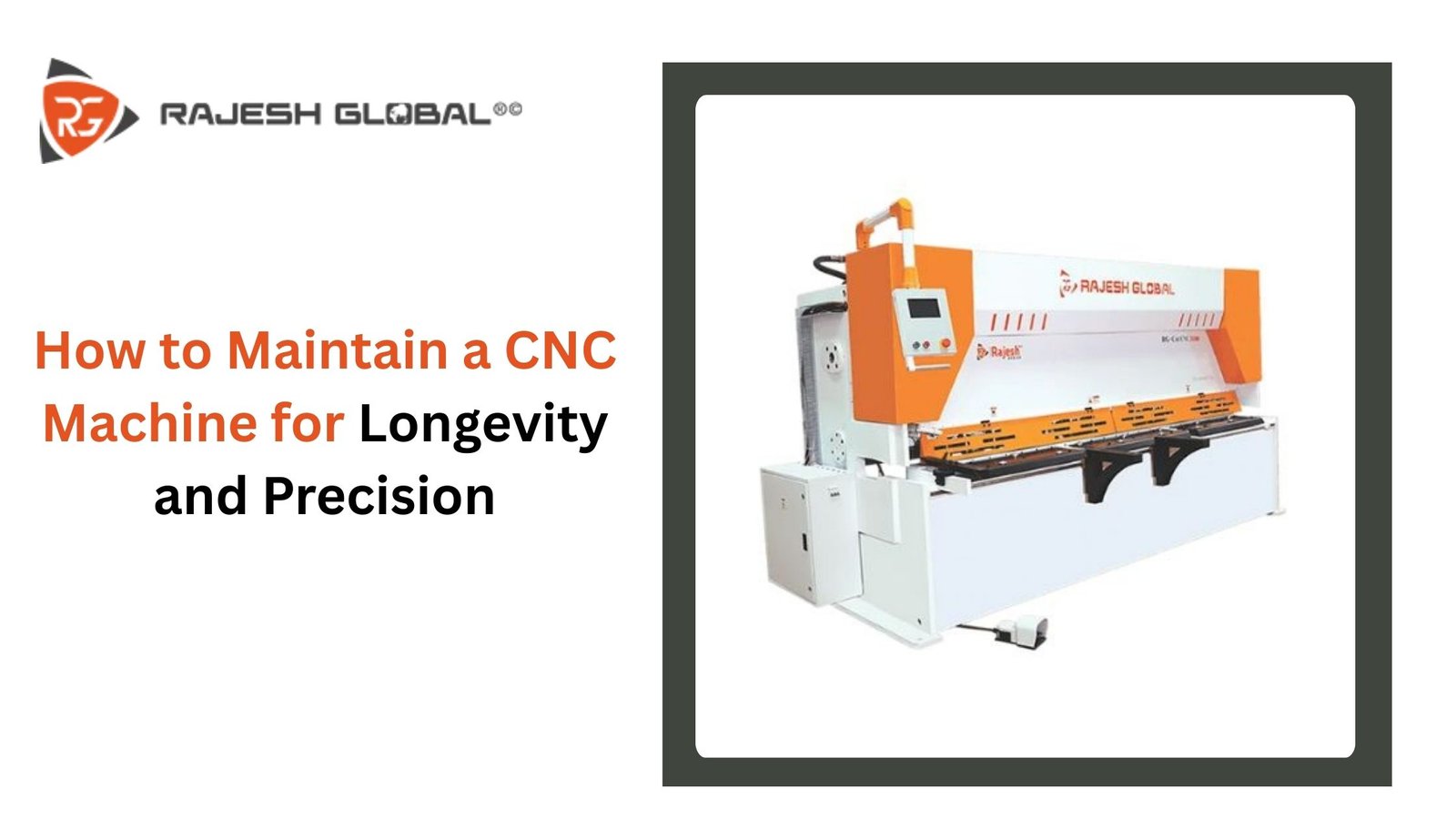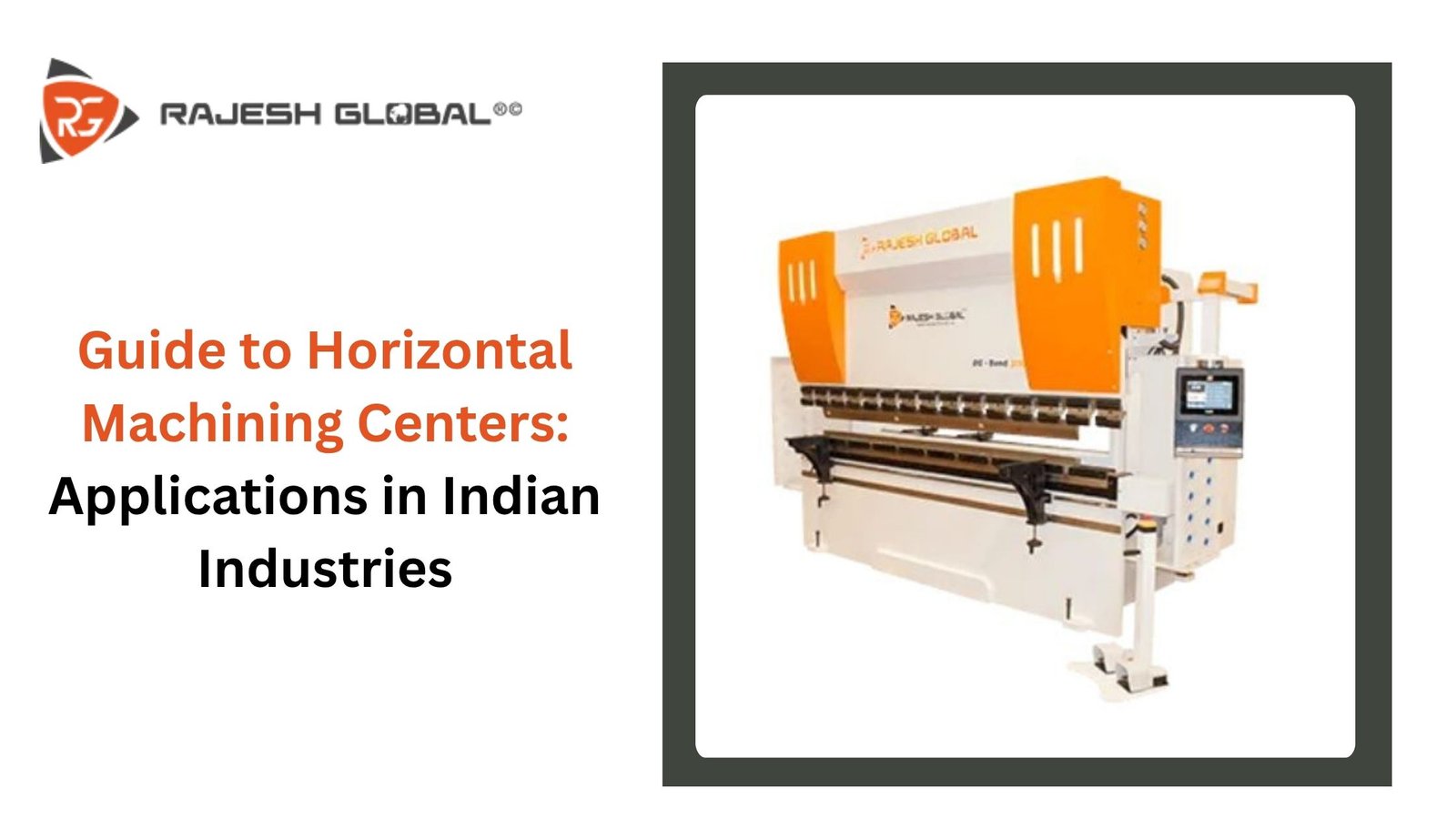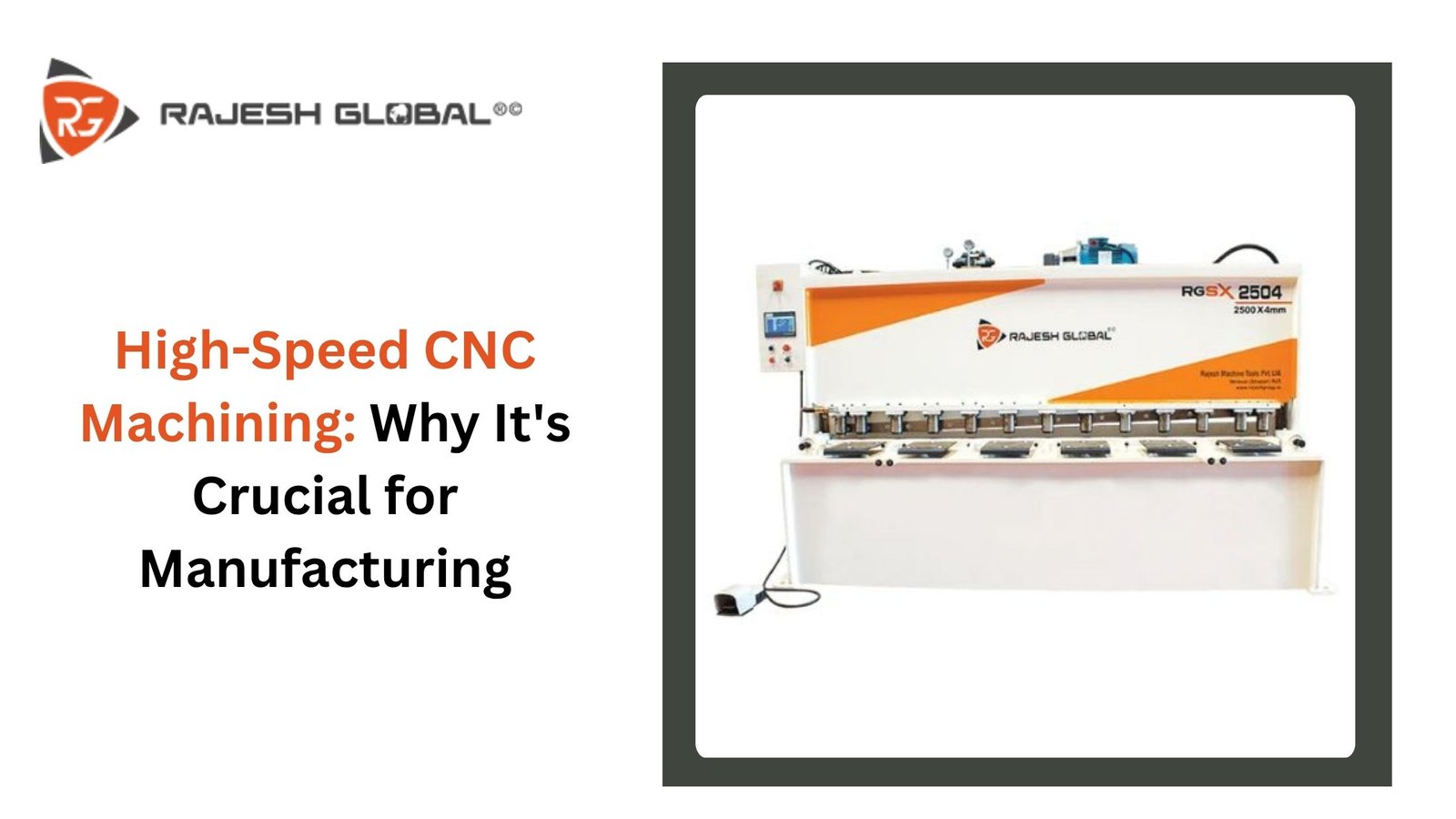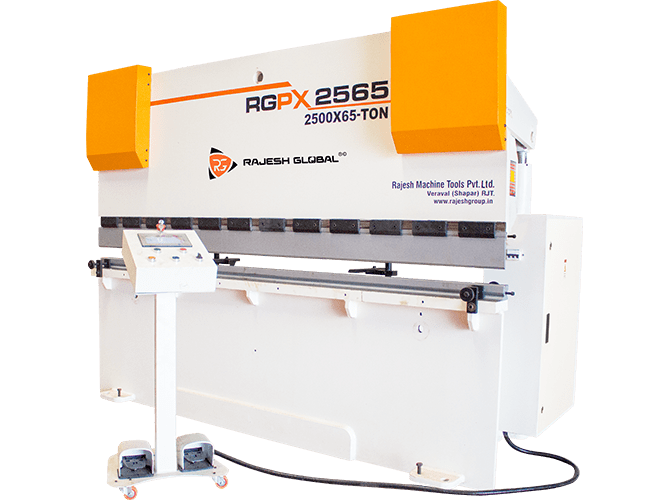The aerospace industry’s relentless drive for breakthrough performance, safety, and efficiency has made CNC (Computer Numerical Control) machining an absolutely indispensable technology. As aviation evolves toward lighter, faster, and more complex aircraft, CNC’s role in delivering micron-level tolerances and optimized component geometries grows ever more critical. At Rajesh Machine Tools, we are committed to propelling this sector forward—adapting our advanced CNC solutions to address the unique challenges of aerospace manufacturing.
Trending Demands: Why the Aerospace Sector Pushes CNC to its Limits
In aerospace, even the smallest imperfection can have catastrophic consequences. This sector requires not just high precision but consistent perfection—across advanced alloys, composites, and ever-more intricate part designs. As strict safety standards rise and aviation companies relentlessly hunt for lighter and stronger solutions, CNC machining leads the manufacturing revolution with ultra-tight tolerances, unparalleled repeatability, and material flexibility.
Emerging Trends in CNC Machining for Aerospace
1. Unmatched High Precision and Tight Tolerances
Aerospace components, from turbine blades and landing gear to structural panels and engine casings, demand tolerances within microns. Modern CNC machines, especially certified for ISO 9001:2015 and AS9100D standards, achieve these tolerances with ease. The outcome is safer flights, enhanced fuel efficiency, and impressive durability—the precision is so refined that dimensional deviations are virtually eliminated even in mission-critical applications.
Fact: Routine use of high-precision multi-axis CNC machining has decreased error rates in aerospace parts by over 90% compared to earlier manual and semi-automated methods.
2. Multifunctionality: Streamlining Processes for Faster Turnaround
Today’s aerospace CNC machines do far more than cut and shape. Multifunctional systems—combining milling, turning, and drilling within a single setup—minimize workpiece handling, reduce cycle times, and slay the risk of misalignment. Multi-tasking and 5-axis machining platforms manufacture intricate geometries in a single sweep, allowing streamlined creation of one-off prototypes and high-volume components alike.
Zinger: “With a single fixture, today’s CNC systems can transform a chunk of titanium into a finished engine mount without a single error—this is manufacturing efficiency redefined.”
3. Tackling Advanced Materials: From Composites to Superalloys
As aerospace designers turn to lightweight composites and advanced alloys for optimal performance, CNC machining has evolved to meet the challenge. Specialized tooling, controlled spindle speeds, and adaptive cutting techniques are essential for machining materials like carbon fiber-reinforced plastics and titanium—materials that maximize aircraft range, payload, and safety.
CNC systems now handle the abrasive, heat-sensitive, and hard-to-machine properties of these new materials, opening doors for lighter and more robust aircraft designs.
Fact: Machining of composites and superalloys has reduced aircraft structural weight by up to 20%—a direct boost to fuel efficiency and emissions reduction.
4. Automation, Robotics, and ‘Lights-Out’ Manufacturing
Automation is shaping the future of aerospace CNC machining—from robotic arms tending machines, to automated inspection systems, to ‘lights-out’ manufacturing that keeps production running 24/7. The integration of robots dramatically cuts production time and boosts accuracy. Intelligent inspection systems backed by AI ensure each part meets standards, flagging deviations instantly and virtually eliminating manual error.
Bonus Trend: Digitalization and smart factories are revolutionizing workflows, enabling connected manufacturing ecosystems where machines, planning systems, and quality control units exchange data in real time.
Key Technologies Powering Aerospace CNC Advancements
- CNC Turning Machines: Essential for high-precision shafts, bearings, and cylindrical aircraft parts.
- CNC Milling Machines: Excelling at complex geometries and tight surface finishes, crucial for aerodynamic and structural components.
- 5-Axis and Turnmill Machines: Capable of manufacturing intricate and multi-functional parts with fewer setups and minimized errors.
Unlocking Advantages: Why Aerospace Manufacturers Choose CNC
- Extreme Precision: Achieving surface finishes as low as Ra 1.6 μm and consistent micronic tolerances.
- Material Versatility: From aluminum and titanium to composites, CNC can handle the most advanced aerospace materials.
- Production Scalability: Rapid prototyping, short-run, and mass production—all on the same platform.
- Cost Savings: Reduced scrap, minimized tooling, and faster setups mean significant savings on high-value materials.
Insight: Aerospace companies report up to 30% faster new component development cycles when adopting advanced multi-axis CNC machining, directly impacting their competitiveness.
Tackling the Challenges: Mastering Complex Geometries and Quality
Modern aerospace parts push design boundaries, combining ultra-lightweight with complex aerodynamic forms. CNC machining—especially with high-end software integration—enables these complex shapes, tight joins, and challenging internal structures to be produced accurately and repeatably. Continuous quality inspection, often automated, ensures that each intricate element performs under the harshest conditions.
The Future: Digitalization, Smart Factories, and Beyond
With the push towards carbon-neutral aviation, smart materials, and autonomous aircraft, CNC machining is moving into a new era. The future is digital: real-time data exchange, adaptive processes using machine learning, and predictive maintenance will support even greater efficiency, sustainability, and innovation.
Forecast: The global aerospace CNC market is projected to reach $4.9 billion by 2028, fueled by ongoing fleet renewals, more electric aircraft, and the adoption of digitally connected smart factories.
The Rajesh Machine Tools Edge: Your Partner in Aerospace Precision
At Rajesh Machine Tools, we deliver aerospace-grade CNC solutions engineered for accuracy, repeatability, and robust performance. Whether it’s mastering the intricacies of composite materials or deploying automation for round-the-clock manufacturing, our technology meets the aerospace sector’s highest standards.
- Certified quality control
- End-to-end service, from prototyping to full-scale production
- Support for high-mix, low-volume to large-scale needs
Conclusion: Shaping the Future of Flight—One Precise Part at a Time
CNC machining is the engine driving aerospace innovation. With advancements in precision, automation, multi-material machining, and digital integration, the sky’s no longer the limit—it’s just the beginning. Rajesh Machine Tools proudly stands at the crossroads of tradition and technology, ready to help aerospace visionaries turn today’s challenges into tomorrow’s opportunities.
Take your aerospace manufacturing higher. Partner with Rajesh Machine Tools for precision, reliability, and the future of flight.

